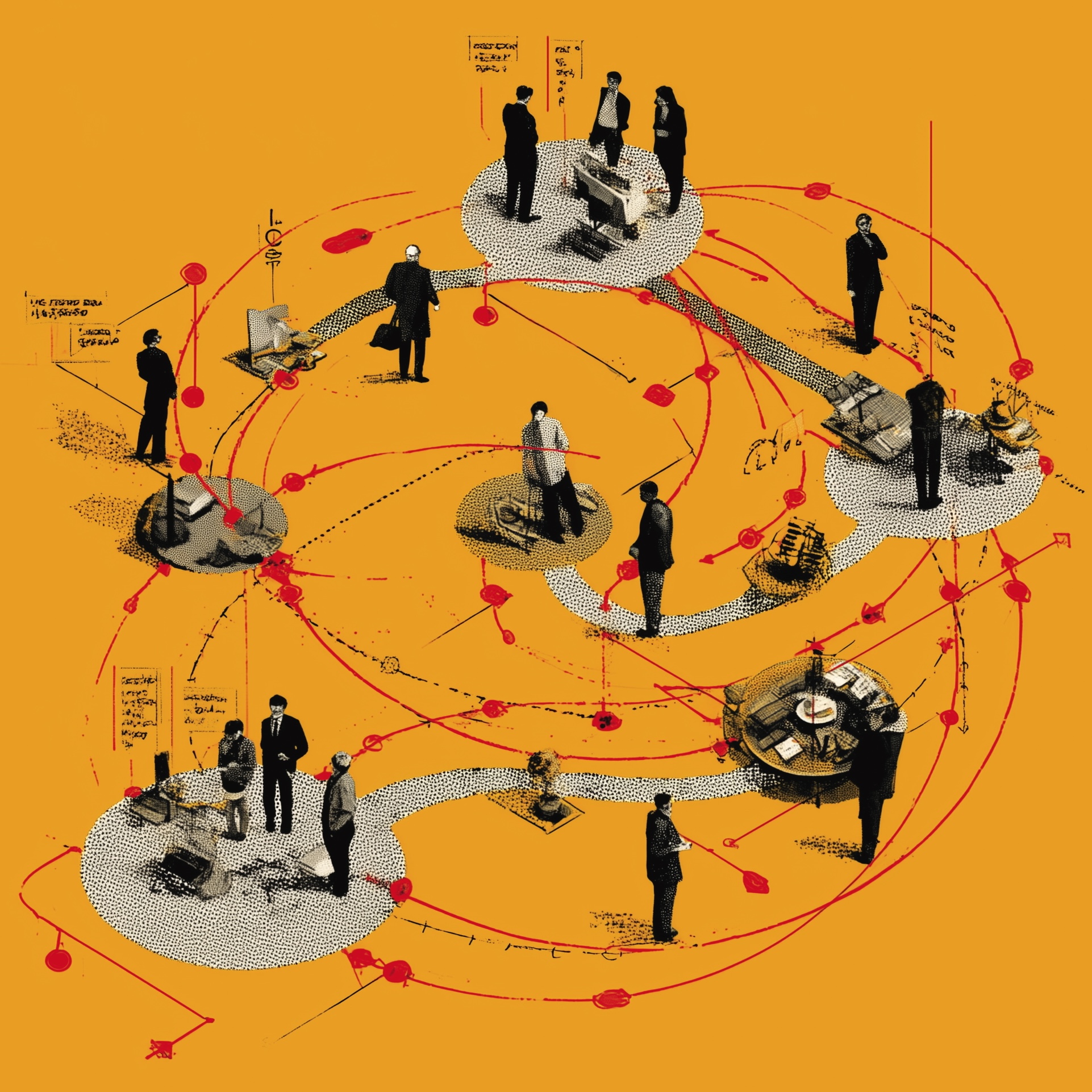Members back three-year pay deals in Scotland and Wales
Ballots show overwhelming backing for pay offers, but talks continue in both countries on the details.

More than 90% of UNISON and MiP members in Scotland and Wales have voted to accept three-year pay deals negotiated with the devolved governments, under which most staff will receive meaningful pay rises for the next three years. But, as in England, some senior managers in both countries will have their pay awards capped at a lower level than other grades.
In Scotland, MiP members at the top of Bands 8A to 8C will see pay rises totalling at least 9% by 2021, with members lower down the bands receiving increases of between 12% and 25% over the same period. Managers at the top of Bands 8D and 9 will have their total pay rises capped at 5.7% and 4.7% respectively, while those further down the bands will receive increases of between 10% and 27%.
Members at the top of pay bands 8A and 8B in Wales are due to receive increases totalling 6.5% by 2021, with an additional 1.1% lump sum payable on 1 April 2019. Members below the top of those bands will receive total increases of between 9% and 22% by 2021, as a result of restructuring the pay bands, with a similar lump sum in 2019. Managers at the top of Bands 8C, 8D and 9 will see their pay increases capped at 5.4%, 4.4% and 3.4% respectively, while those below the top of those bands will receive between 8% and 21%. The lump sum for managers in Bands 8C, 8D and 9 will be capped at £800.
No detriment
Both deals include a “no detriment” clause to ensure that no member will be worse off at any point in the next three years than they would have been under the government’s previous pay policy, even when taking individual incremental progression into account.
In both countries, the deal includes significant uplifts to starting salaries and the removal of overlaps between bands, to encourage the recruitment of new staff and reduce the possibility of challenges under equal pay legislation. While progression through the pay band has been speeded up for some grades, the expected progression rate for Bands 8 and 9 remains unchanged at five years in both Scotland and Wales.
Talks continue
In Wales, talks are continuing on management plans – included in the pay agreement – to remove unsocial hours payments from sick pay unless sickness absence is reduced to an average 4.5% by December. Unions have raised concerns about whether the reduction is feasible, the quality of the data and whether the promised fast access to treatment will be available to all staff.
Meanwhile in Scotland, the partnership forum has formed four working groups – looking at time off in lieu (TOIL), absence management, pay progression and organisational change policy – to report by December. Any changes to terms and conditions are expected to be implemented in April 2019.
For full details of the 2018 pay awards and how they apply to you, visit the NHS trade unions’ pay websites for Scotland and Wales.
Related News
-

We get knocked down. We get up again.
With its brutal NHS cuts and chaotic reform plans, the government is moving fast and breaking things (again). It will be up to managers to fix them (again), writes Geoff Underwood.
-

Method to the madness? Six questions the ten year plan must answer
The NHS system in England has been blown up and thousands of managers are set to lose their jobs without knowing why, writes Craig Ryan. The upcoming ten year plan has a lot of questions to answer. Here are six of the biggest.
-

Turn and face the strange
SPECIAL REPORT: With its upcoming ten year plan, the government is promising to unleash the power of innovation in an English NHS which has often seemed slow to adapt to new realities and adopt new technologies. Craig Ryan talks to innovators and experts about what needs to change about the way we change.